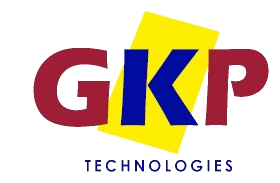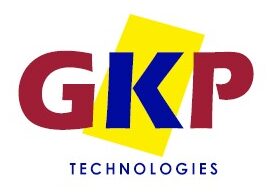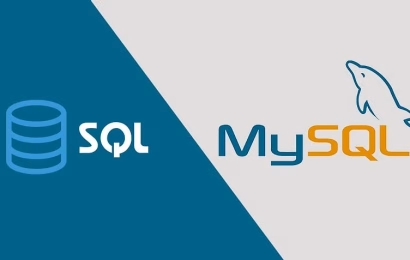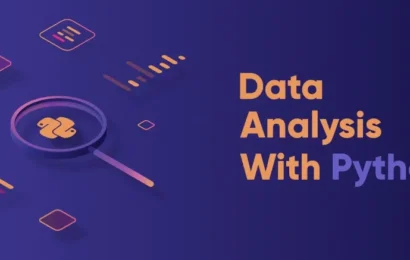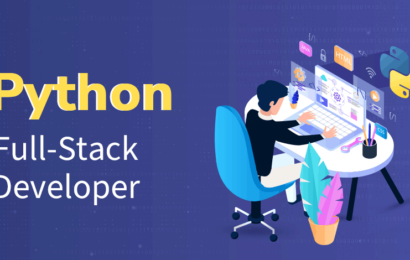
- Instructor: GKP
- Duration: 12 hours
This 12-hour course is designed to provide participants with a strong foundation in querying SQL Server databases using SQL, PL/SQL, and T-SQL. The course covers essential SQL concepts, introduces the differences between SQL, PL/SQL (primarily used in Oracle but included for comparison), and T-SQL (specific to SQL Server), and explores advanced querying and scripting techniques in SQL Server. By the end of the course, participants will be proficient in writing and optimizing queries in SQL Server.
Introduction to SQL Server and SQL Basics
- Overview of SQL Server: Understanding the SQL Server architecture, Introduction to SQL Server Management Studio (SSMS), Connecting to SQL Server databases.
- SQL Basics: Introduction to Structured Query Language (SQL), Writing basic SELECT queries, Filtering data with the WHERE clause, Sorting results with ORDER BY, Using DISTINCT to remove duplicates.
T-SQL Fundamentals
- Introduction to T-SQL: Understanding Transact-SQL (T-SQL) and its role in SQL Server, Differences between standard SQL and T-SQL, Writing basic T-SQL queries.
- Working with Functions: Using built-in T-SQL functions (string, date, mathematical functions), Using CAST and CONVERT for data type conversions.
- Variables and Control-of-Flow Language: Declaring and using variables in T-SQL, Using control-of-flow statements (IF, WHILE, BEGIN…END) to control query logic.
Joins, Subqueries, and Complex Queries
- Working with Joins: Understanding and using Inner Joins, Outer Joins (Left, Right, Full), and Cross Joins in T-SQL, Writing queries involving multiple joins.
- Subqueries and CTEs: Writing subqueries in SELECT, FROM, and WHERE clauses, Using Common Table Expressions (CTEs) for simplifying complex queries.
- Complex Queries: Writing complex queries using UNION, INTERSECT, EXCEPT, and using CASE statements for conditional logic.
PL/SQL Overview (Comparison with T-SQL)
- Introduction to PL/SQL: Understanding the role of PL/SQL in Oracle databases, Key differences between PL/SQL and T-SQL, Basic PL/SQL syntax and structure.
- Stored Procedures and Functions: Overview of writing stored procedures and functions in PL/SQL vs. T-SQL, Comparison of PL/SQL blocks and T-SQL scripts.
- Triggers and Exception Handling: Introduction to triggers in PL/SQL and T-SQL, Handling exceptions in PL/SQL and how it differs from T-SQL.
Advanced T-SQL Querying Techniques
- Using Aggregate Functions: Applying COUNT, SUM, AVG, MIN, MAX in T-SQL, Grouping data with GROUP BY, Filtering groups with HAVING.
- Window Functions: Introduction to window functions in T-SQL (ROW_NUMBER, RANK, DENSE_RANK), Using PARTITION BY and ORDER BY within window functions for advanced data analysis.
- Transactions and Error Handling: Understanding transactions in SQL Server, Using BEGIN TRANSACTION, COMMIT, and ROLLBACK, Error handling with TRY…CATCH blocks in T-SQL.
Stored Procedures, Triggers, and Indexing
- Writing Stored Procedures: Creating and executing stored procedures in SQL Server, Using input and output parameters, Advantages of using stored procedures.
- Working with Triggers: Creating and managing triggers in SQL Server, Understanding AFTER and INSTEAD OF triggers, Using triggers for enforcing business rules.
- Indexing and Query Optimization: Introduction to indexing in SQL Server, Creating and managing indexes, Using execution plans and query hints for optimization, Best practices for writing efficient T-SQL queries.
Practical Exercises and Final Project
- Hands-On Practice: Writing and optimizing T-SQL queries based on real-world scenarios, Comparing SQL, PL/SQL, and T-SQL techniques.
- Final Project: Designing and implementing a set of complex T-SQL queries, Stored Procedures, and Triggers in SQL Server, Presenting performance optimizations and comparisons with PL/SQL equivalents.
Price
£1,000.00
Rating
Not enough ratings to displayRelated Courses
Oracle Database – Querying
This 12-hour course is designed to provide participants with a comprehensive understanding of querying Oracle databases using SQL. The course covers fundamental SQL concepts, advanced querying techniques, and performance optimization strategies specific to Oracle. By the end of the course, students will be able to efficiently retrieve and manipulate data…
0
MySQL Database – Querying
This 12-hour course is designed to provide participants with a solid foundation in querying MySQL databases. The course covers essential SQL concepts, including writing complex queries, joining tables, filtering data, and using aggregate functions. By the end of the course, students will be proficient in retrieving and manipulating data stored…
0
Data Analytics with Python Programming
This 60-hour course is designed to equip participants with the skills and knowledge needed to perform data analytics using Python. The course covers fundamental Python programming concepts, data manipulation, data visualization, statistical analysis, and machine learning techniques. By the end of the course, participants will be able to analyze datasets,…
0
Full Stack Python Developer
Course Syllabus Course Overview This 60-hour course is designed to provide participants with the necessary skills to become a proficient Full Stack Python Developer. The course covers both front-end and back-end development, focusing on Python programming, web development using HTML/CSS/JavaScript, and building robust server-side applications using Python frameworks like Django…
2
